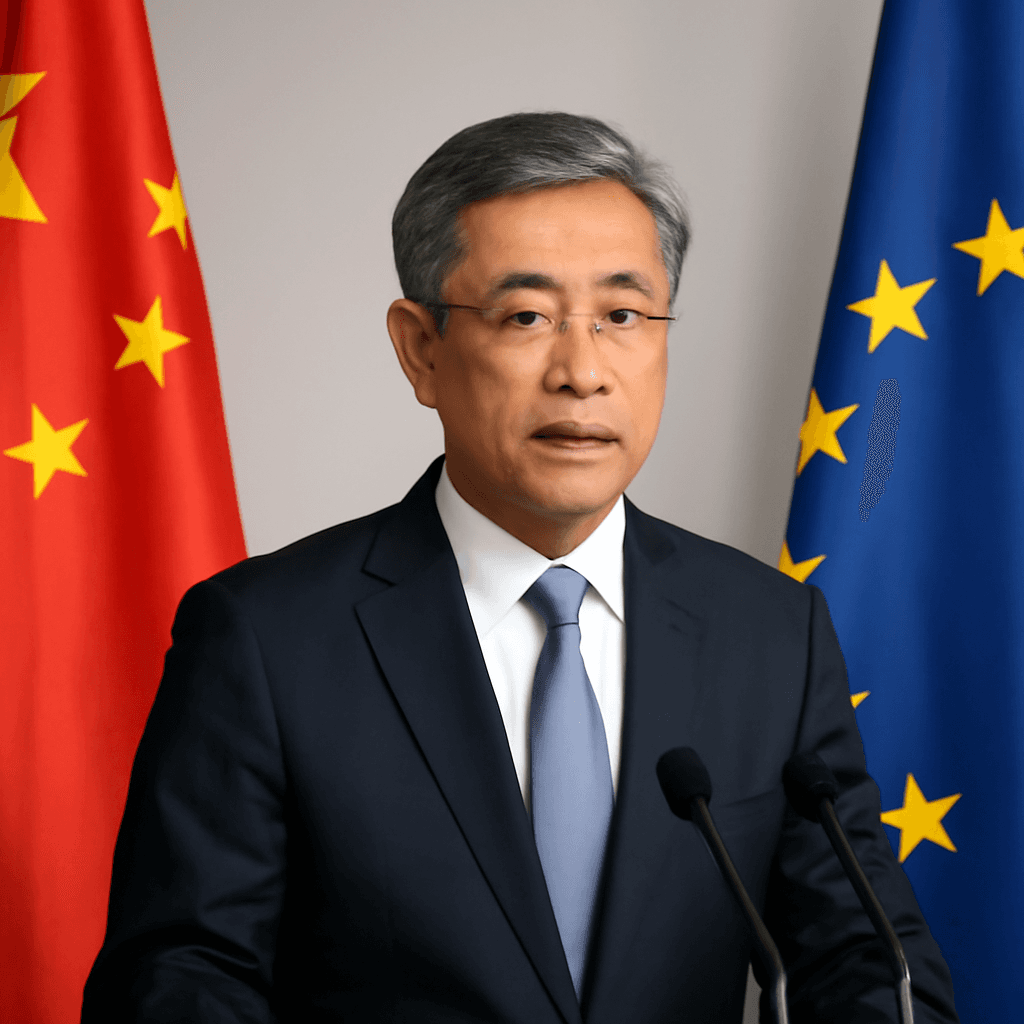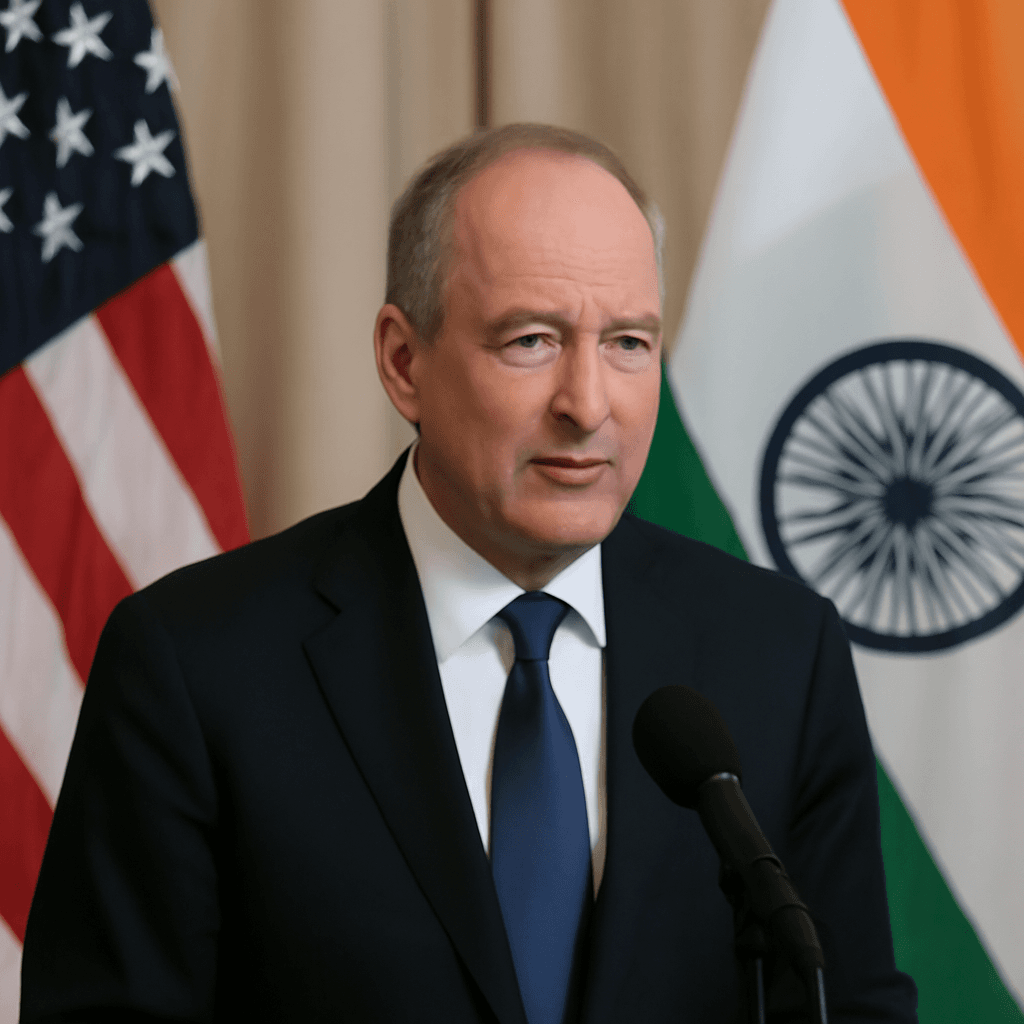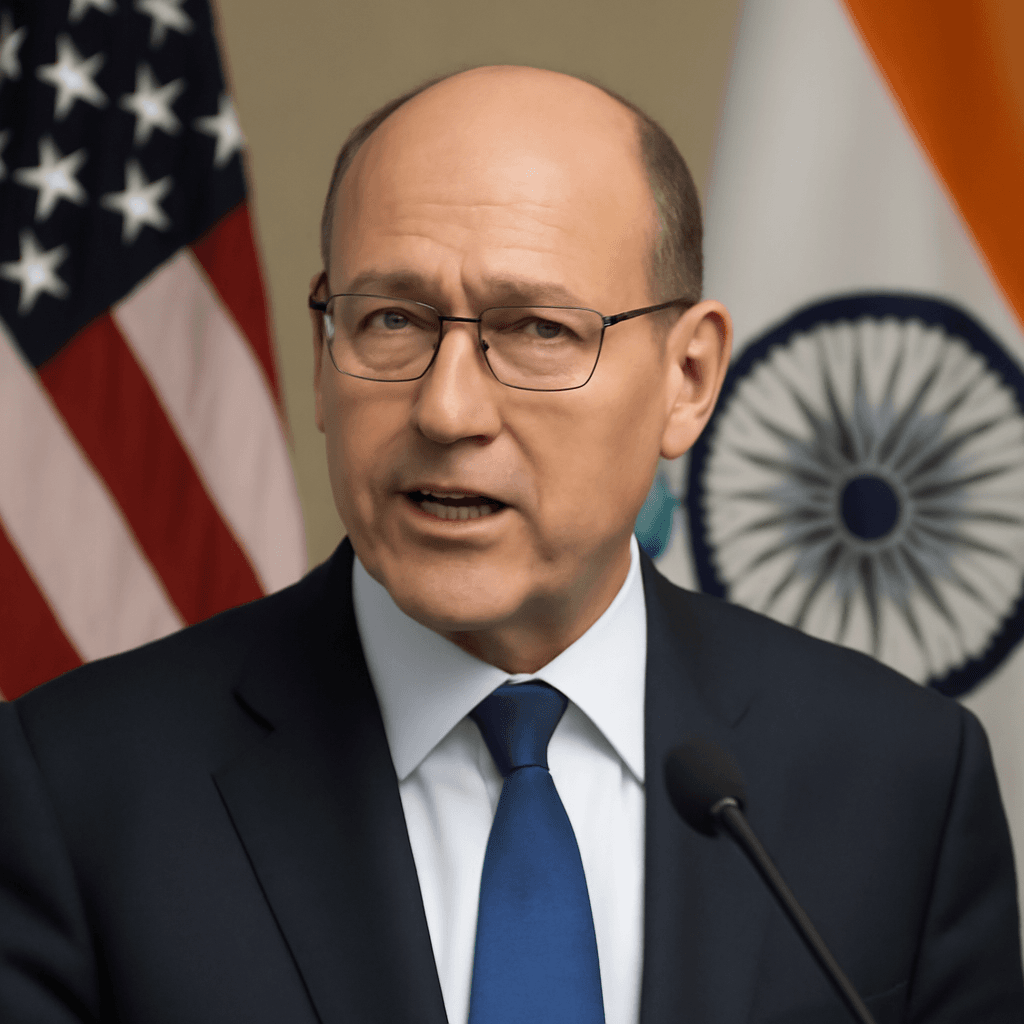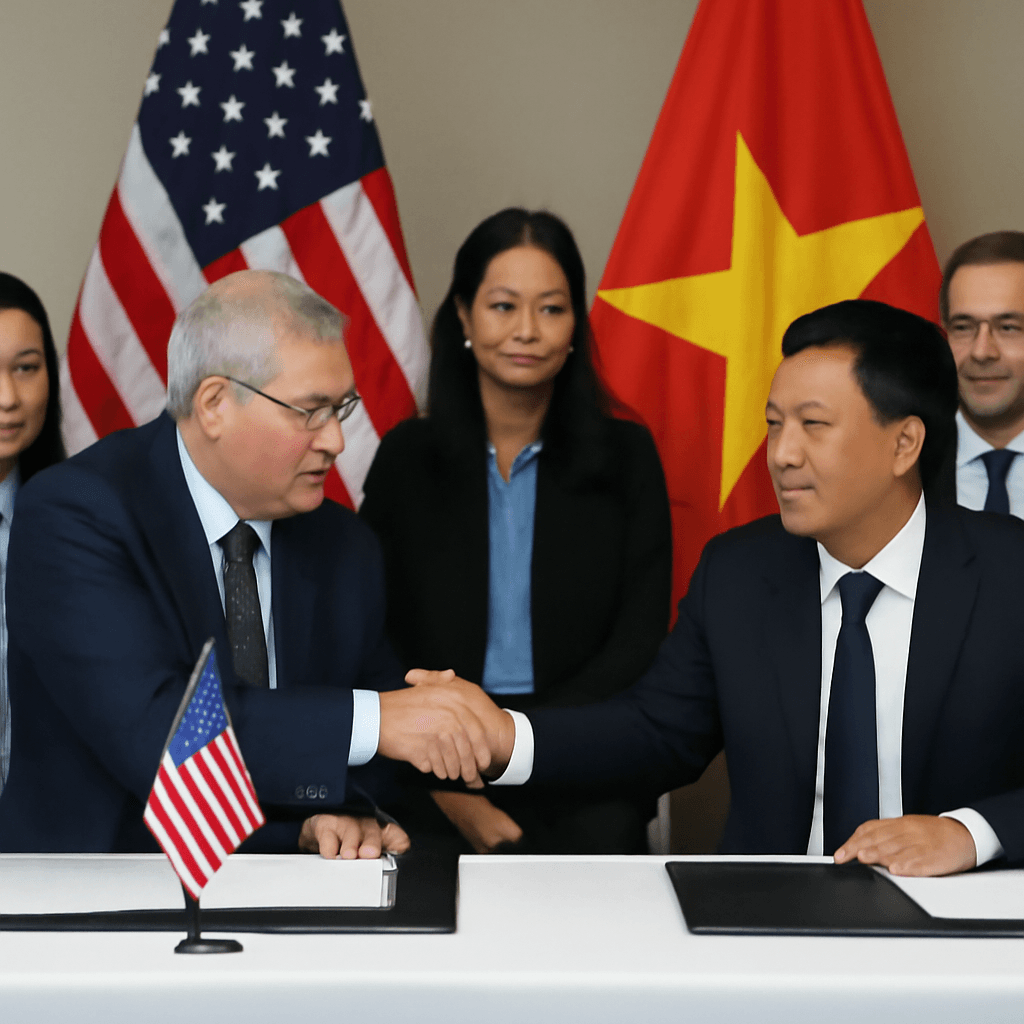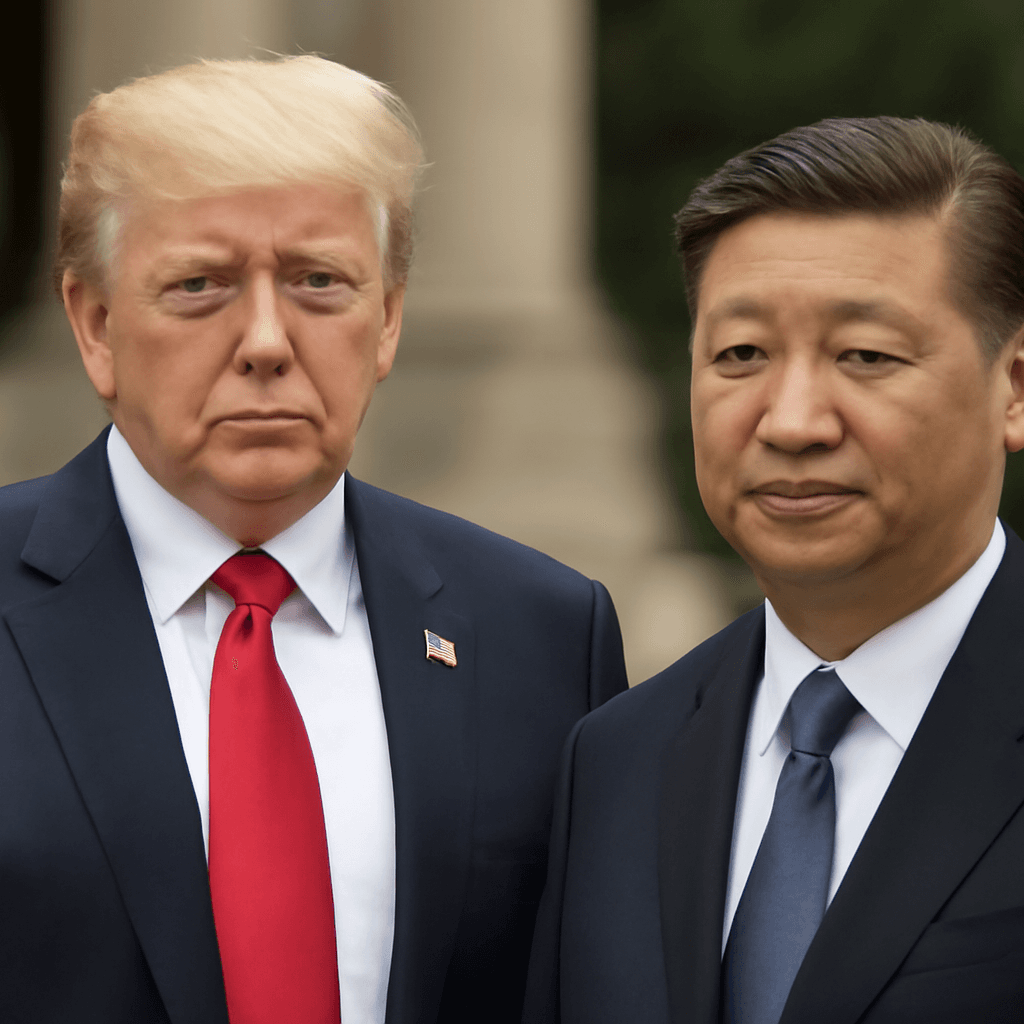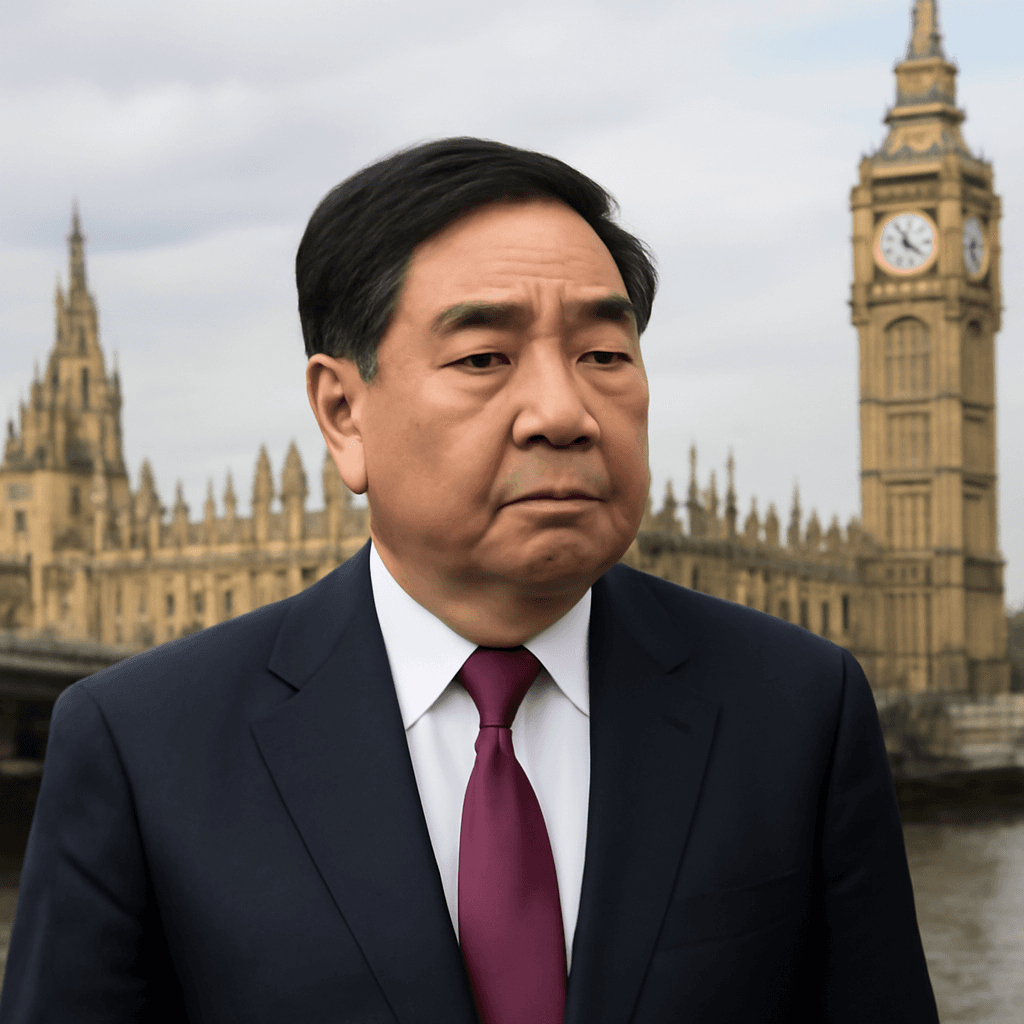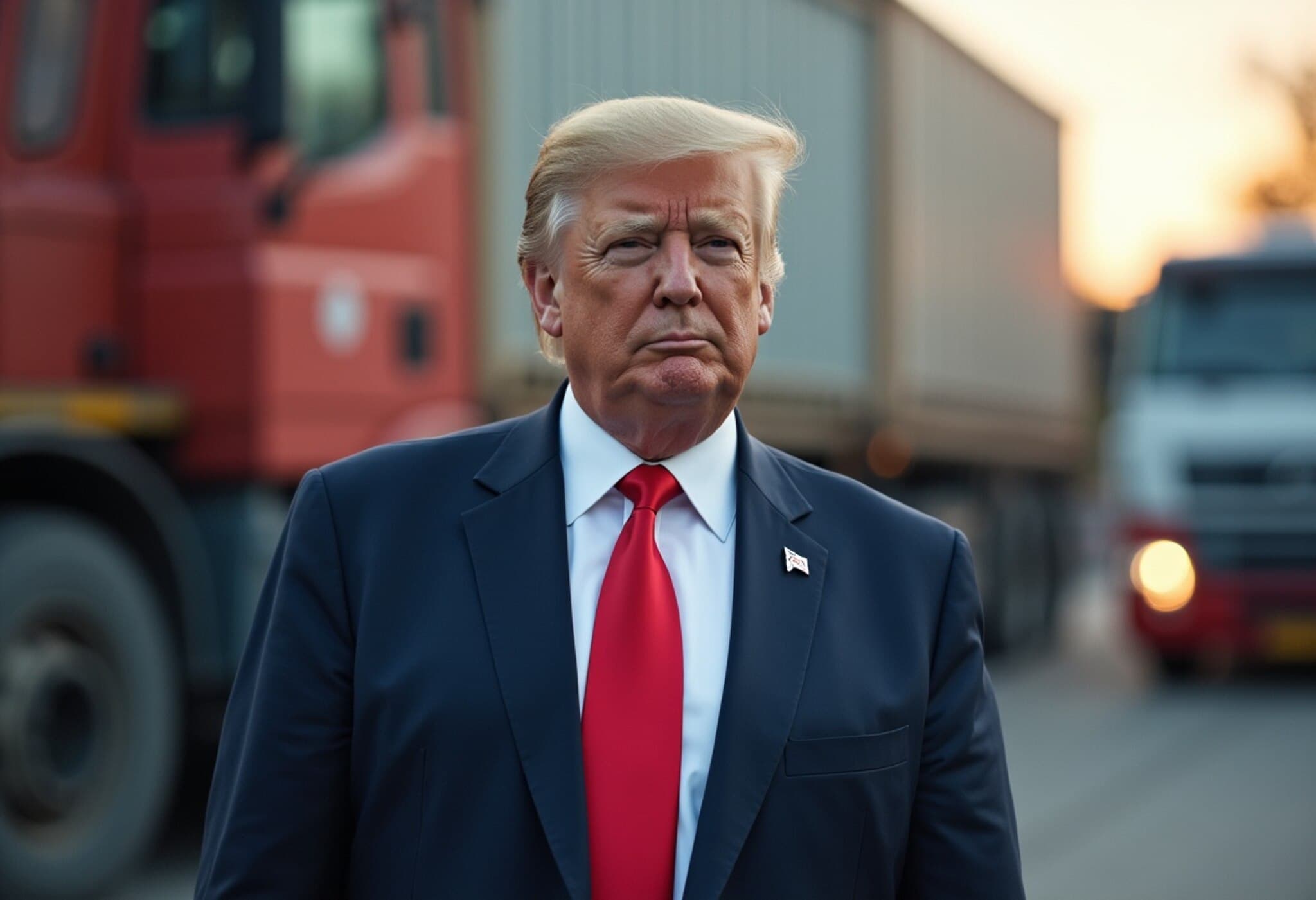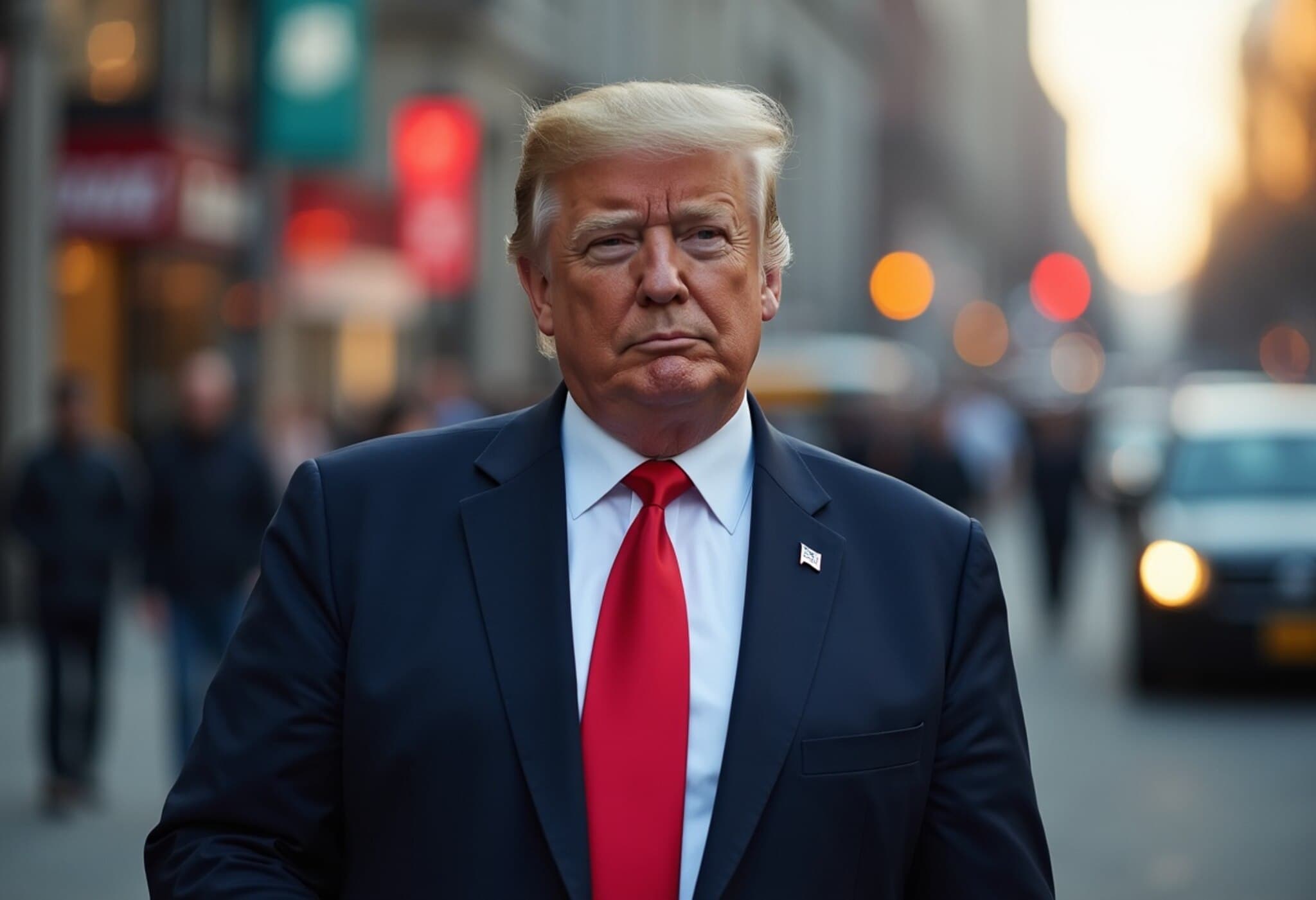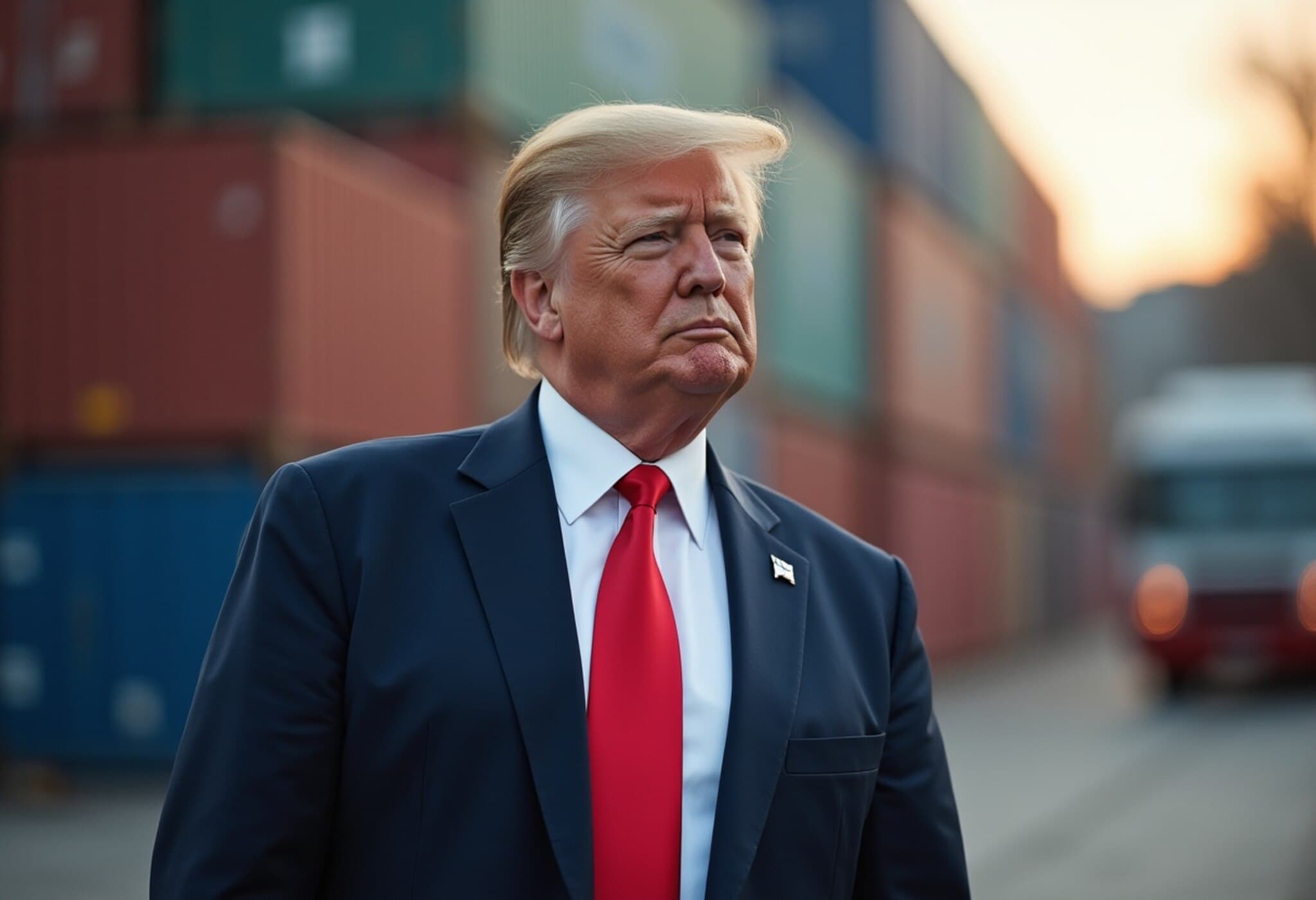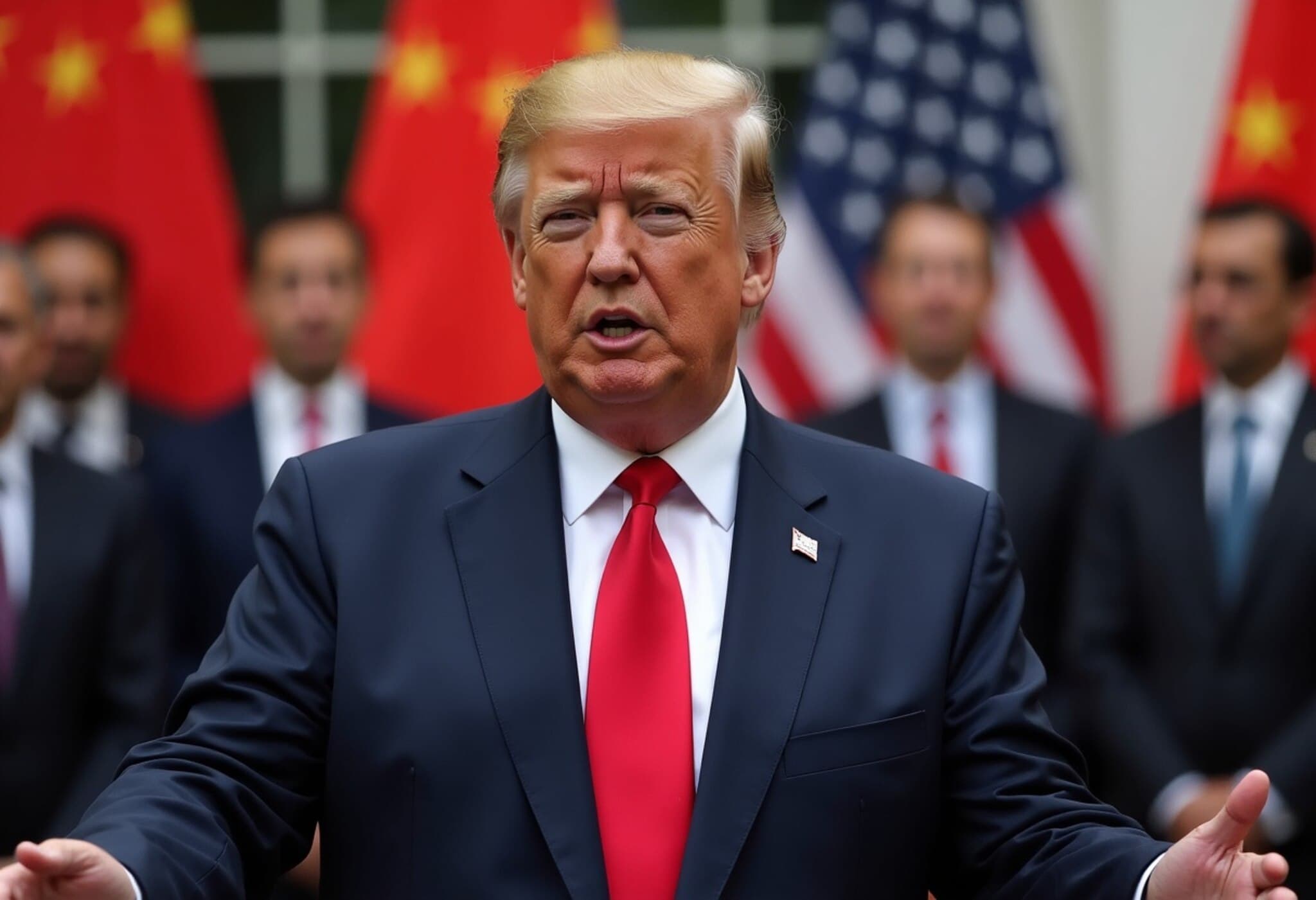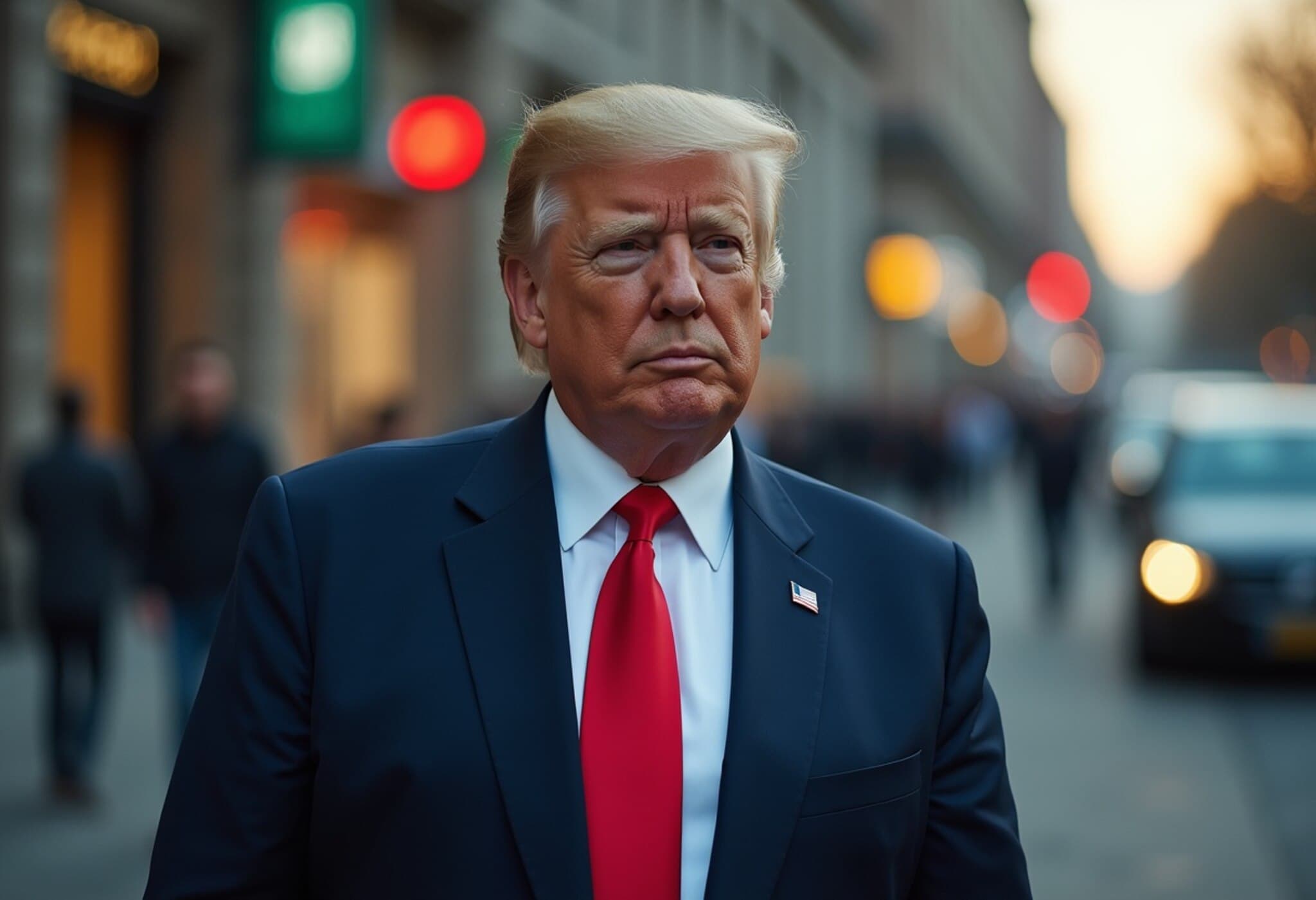US Protectionism Under Trump Faces Criticism from Indonesian Economist
Dr. Hendri Saparini, a renowned economist from Indonesia and founder of the Centre of Reform on Economics, has voiced concerns over the US administration's protectionist trade policies under former President Donald Trump. She asserted that it is unfair for the US to adopt protectionist measures while pressuring other nations to open their markets to American businesses.
Impact of Trump Tariffs on Global Trade
According to Dr. Saparini, the imposition of reciprocal tariffs by the US is reshaping the global trade order, especially in light of ongoing military conflicts in Gaza and Ukraine.
While countries like Vietnam may face significant consequences due to their high export dependency (up to 80% of GDP), Indonesia's trade exposure to the US is relatively low, with exports to the US constituting only around 2% of its GDP. Consequently, Indonesia's economic impact is less severe compared to some regional counterparts.
However, the tariffs could affect monetary aspects including currency stability and interest rates, potentially slowing Indonesia’s economic growth, which is already projected to be approximately 4.8%-5.0% in 2025.
Trade Policies and Protectionism in Indonesia
Dr. Saparini highlighted that despite US claims of Indonesian protectionism, Indonesia maintains comparatively open trade policies:
- Indonesia has a surplus in goods trade but a deficit in services trade.
- Tariffs on US products in Indonesia are generally lower than those in other ASEAN or Latin American countries.
- Indonesia enforces fewer non-tariff trade measures (approximately 300) than the US's more than 600.
She emphasized the Indonesian government's cautious approach towards liberalizing trade to protect key economic sectors, particularly industrialization, stating that indiscriminate deregulation could harm the domestic economy.
India-Indonesia Economic Relations and Opportunities
Discussing bilateral ties, Dr. Saparini highlighted recent growth in trade and the adoption of the Local Currency Settlement System (LCSS) between India and Indonesia. The system is expected to:
- Enhance business transactions.
- Stabilize and strengthen both countries’ currencies amid uncertain global conditions.
Furthermore, with 2025 designated as the ASEAN-India Year of Tourism, Dr. Saparini sees significant potential for collaborative growth, especially by promoting religious tourism—a sector with untapped opportunities connecting cultural and spiritual sites in both countries.
Addressing Institutional Challenges
Both India and Indonesia face challenges like bureaucracy and corruption hindering business efficiency. Enhanced dialogue between governments and private sectors is needed to address these institutional obstacles and develop effective policies.
Indonesia’s Relations with China and Regional Cooperation
Despite longstanding territorial disputes with China, Indonesia maintains robust economic and strategic partnerships. Dr. Saparini emphasized that Indonesia does not seek to replace the US with China but aims to build balanced partnerships with both, focusing on complementary cooperation:
- Indonesia looks to deepen trade and investment with China.
- Relations with the US focus on technology and financial sectors.
Addressing China’s “Blue Dragon” maritime strategy, Dr. Saparini advised nations to assess both risks and collaborative opportunities to navigate evolving geopolitical landscapes effectively.
Emerging Trilateral Partnerships
The growing economic roadmap between India, Indonesia, and Australia signals a shift towards stronger regional cooperation. Dr. Saparini suggested that combining the strengths of the three nations in technology, human resources, and strategic planning can lead to complementary and beneficial partnerships, moving beyond competition.
Current Challenges in Indonesia’s Economy
Indonesia is currently facing economic pressures reflected in weak first-quarter growth, reduced consumer confidence, and concerns over rising government spending possibly breaching budget deficit targets. Dr. Saparini provided insights:
- Domestic consumption accounts for approximately 75% of Indonesia’s economy but middle-class consumption is declining due to layoffs.
- Unemployment remains high at around 20% of the population.
- Industrial competitiveness is impacted by policy challenges and increased automation reducing labor demand.
She highlighted that while short-term welfare spending may support consumption, sustainable growth requires addressing underlying issues like job creation and industrial policy reforms.
Regional Economic Integration and ASEAN’s Future
Dr. Saparini expressed optimism about ASEAN’s future, noting a shift from regional competition to complementarity. ASEAN countries possess diverse markets and abundant natural resources that can foster cooperation.
She stressed the importance of expanding partnerships with external countries including India and Japan to harness more growth opportunities. Efforts such as labor mobility, exemplified by demand in Thailand for Indonesian workers, illustrate potential benefits of integration.
Reducing Inequality Through Collaboration
Regional economic integration offers opportunities to tackle poverty and inequality by facilitating shared investments in cleaner energy, technology, and infrastructure. Dr. Saparini noted the need to align investment policies to ensure local populations benefit from economic progress.


